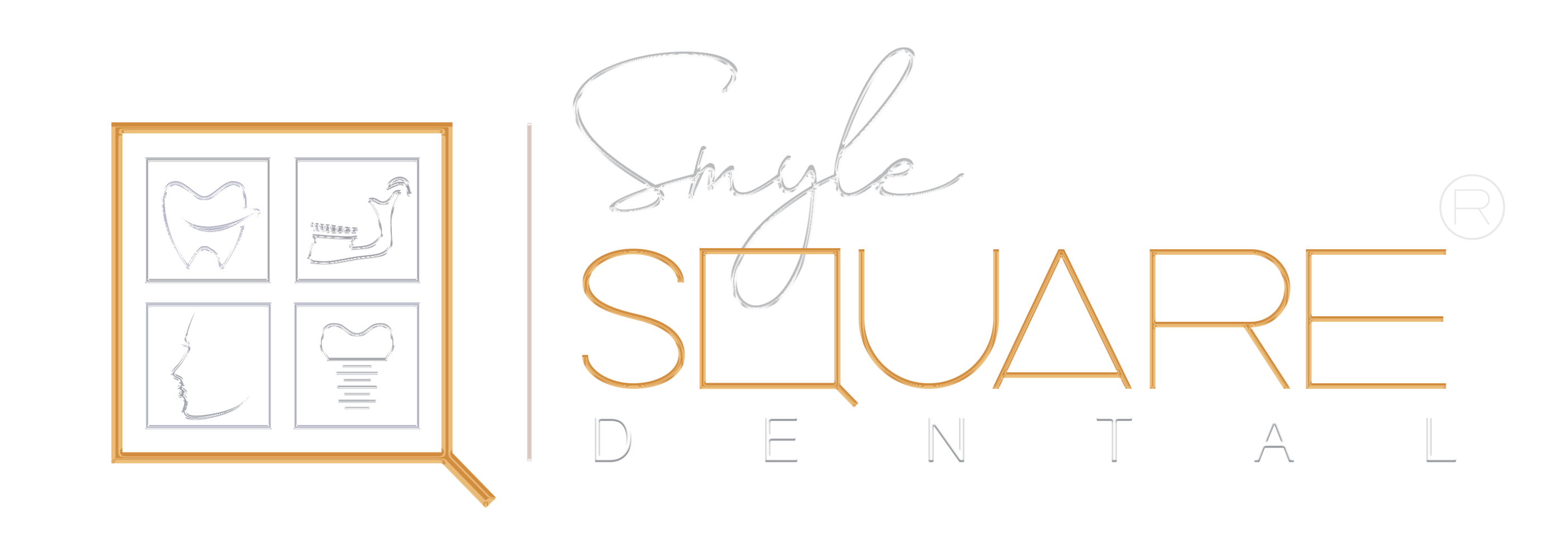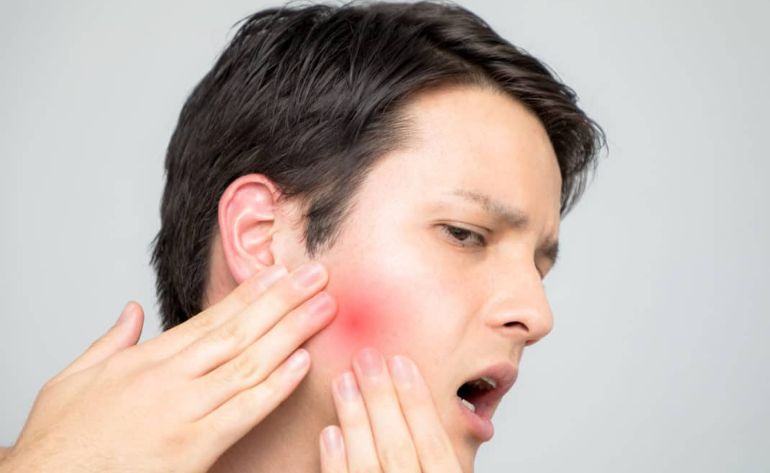When you chew, do you find yourself wincing or rubbing your jaw? Not only may jaw discomfort be annoying, but it can also interfere with day-to-day activities, making it difficult to speak or eat. What causes it, though? There are numerous possible causes of jaw pain, ranging from stress-related behaviors to underlying medical disorders.
Let's examine the six most frequent reasons and their implications for you.
Temporomandibular Joint Disorder (TMJ/TMD)
Have you ever opened your mouth wide and heard an odd popping or clicking sound? Or maybe every time you chew, you have pain close to your ear? This may indicate TMJ problem. The temporomandibular joint, which connects your jawbone to your skull like a little hinge, can be uncomfortable when it's not functioning properly. Poor posture, stress, or even teeth grinding can cause this joint to malfunction. Don't try to push through the discomfort if this seems familiar; instead, consult a dentist or TMJ specialist about options like bite guards, physical therapy, or relaxation methods.
Teeth Grinding or Clenching (Bruxism)
Have you ever woken up with a pounding headache or a painful jaw? If so, clenching or grinding of the teeth at night may be the cause. This subconscious tendency is frequently fueled by stress or anxiety, which leaves your jaw muscles overworked in the morning. Your jaw and teeth certainly do, even though you may not be aware of it! The good news? Your jaw muscles can relax and your teeth can be protected with a specially made night guard. You will notice a change if you combine that with some relaxation techniques before bed.
Dental Issues
Your teeth may be pleading for assistance when you have jaw pain, rather than the joint or muscles. An abscessed tooth, an infected gum, or an undetected cavity can all cause discomfort that radiates to your jaw. You should consult a dentist if you have a sharp or throbbing pain, especially if you also have swelling or sensitivity to hot or cold foods. Ignoring dental issues won't make them go away, but getting treatment early can prevent more pain for your jaw and teeth.
Trauma or Injury
Have you recently had a bad fall or been hit during a sporting event? Fractures or dislocations of the jaw can result from very minor accidents. In the aftermath, you may experience bruising, swelling, or trouble moving your jaw. Even minor discomfort can gradually worsen, and injuries can come as a surprise. Don't ignore it; get medical attention right away to guarantee appropriate recovery and avoid long-term issues.
Arthritis in the Jaw
Not only may arthritis damage the hands and knees, but it can also impact the jaw! Arthritis may be the cause of any stiffness, dull soreness, or difficulty opening your mouth completely. Your jaw joint's cartilage deteriorates with osteoarthritis and becomes inflamed with rheumatoid arthritis. Don't worry, though; physical therapy, anti-inflammatory drugs, and jaw exercises can all help control the pain and enhance mobility. If you suspect that you might have arthritis in the jaw and are looking for jaw pain treatment in Fursungi, book an appointment with Smyle Square Dental Clinic.
Sinus Issues
Have you ever had a sinus infection that hurt your entire face, including your jaw? This is because inflammation in the sinuses, which are situated close to the upper jaw, can produce pressure that resembles jaw pain. It's probably a sinus problem if your discomfort is accompanied by facial tenderness, runny nose, or nasal congestion. Pain can be reduced by treating the infection with decongestants, steam inhalation, or a visit to the doctor.
When to See a Doctor or Dentist?
Not every type of jaw pain is the same. Do not hesitate to seek expert assistance if your discomfort worsens over time or interferes with speech and chewing. Long-lasting symptoms could indicate an underlying illness that requires urgent care. A dentist or other medical professional can assist in determining the cause and providing the appropriate remedy.
Don't disregard your jaw's pleas for assistance; it works hard for you every day. Early treatment of jaw discomfort is essential for long-term relief, regardless of whether it can be resolved with a night guard or something that needs the expertise of a specialist. You have too little time to let jaw pain control your day; act immediately to experience the difference!



